Google showcased an array of hardware at its Google I/O developer conference keynote on Wednesday. Some products were expected, but many were unexpected. The keynote also detailed the upcoming Android 13 operating system that will work with these products. Google also shared a number of other software developments it has in the works for the upcoming devices. Here’s a rundown of the hardware that was announced.
Google introduced the Pixel 6a smartphone, which will sell starting at $449. The device will be available for pre-order starting July 21 and will be in stores starting July 28. The Pixel 6a will take on the design language of the standard Pixel 6 models, with an aluminum and glass frame, and dual-tone colors.
The device features a 6.1-inch display and a dual-camera setup with main and ultrawide lenses. Google also brings to the Pixel 6a, its Real tone photography feature, as well as Night sight, and Magic eraser with an update to blend items into the background.
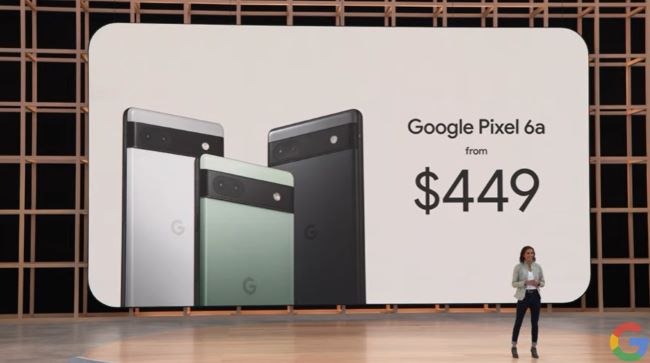
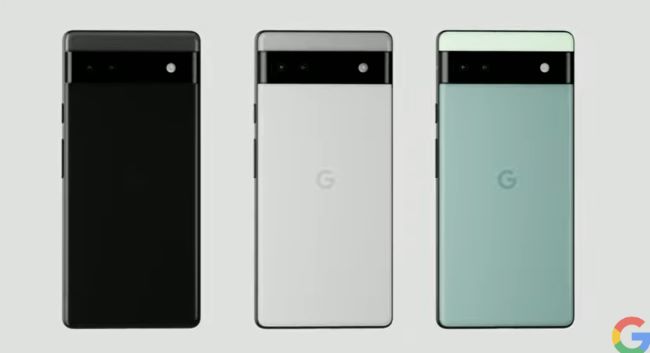
The Pixel 6a is powered by the same Tensor chip and Titan M2 seen in the original Pixel 6 series. Google claims its proprietary chip makes the Pixel 6a process five times faster than the Pixel 5a. It also supports 5G connectivity and up to five years of security updates.
Other highlight features transitioning from the Pixel 6 series include Live translate and an under-display fingerprint scanner.
The Pixel 6a will be available in three color options, which Google did not identify by name; however, they are black, white, and green shades.
Google also briefly teased the Pixel 7 series, which it confirmed will launch this fall. The brand showed the upcoming device in a white color option, revealing it will have an aluminum frame, made from a single piece of 100 percent recycled material, and will extend out to the entire camera bar.
Google also shared that the Pixel 7 Pro will feature a triple camera setup, and both devices will feature the next-generation Tensor SoC, as well as Android 13.
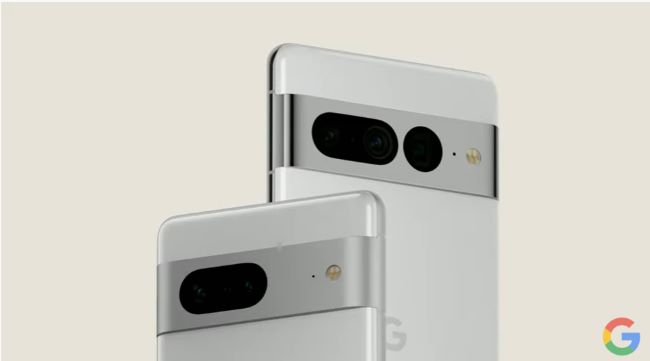
The preview device shown was a white color option with a metal frame; however, more details are sure to be made available in the coming weeks and months. What stands out, is that Google’s signature Pixel 6 series dual-tone design language appears to be missing, so it is evident that each year Pixel devices will have their looks tweaked somewhat.
The Pixel Buds Pro will launch alongside the Pixel 6a series, with a $199 price tag for its July 21 pre-order date and its July 28 in-store availability date. Google’s first Pro tier wireless earbuds are also the first to support active noise cancellation, which is powered through a custom 6-core custom audio processor and neural processing engine. The Pixel Buds Pro also includes a silent seal on the physical earbuds to further block out noise pollution. Additionally, the earbuds feature a transparency mode and noise suppression algorithm that allow users to hear better when desired or when speaking to others.
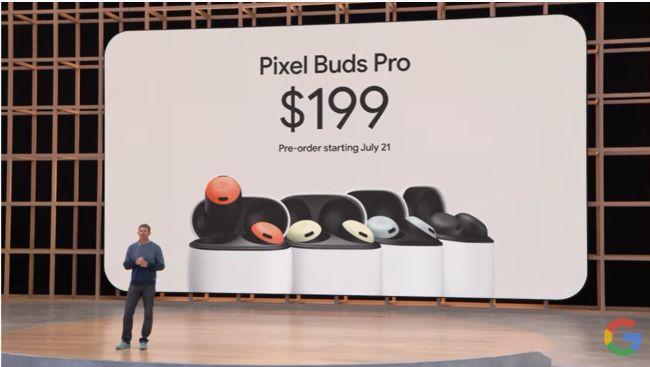
For battery life, they will support up to 11 hours of listening time and up to seven hours with active noise cancellation enabled. Other feature highlights include multipoint connectivity, which will allow users to seamlessly switch from devices, Find my device, which will be able to track the entire unit or individual misplaced buds, and spatial audio, which will be available in an update after launch.
Google also previewed its Pixel Watch, which will be the first smartwatch with hardware and software by the brand. It will launch this fall alongside the Pixel 7.
The wearable features what Google calls a circular dome design, where it is thin at the frame and flares out to the main part of the screen. The frame is made of recycled stainless steel and the watch is accompanied by customizable bands.
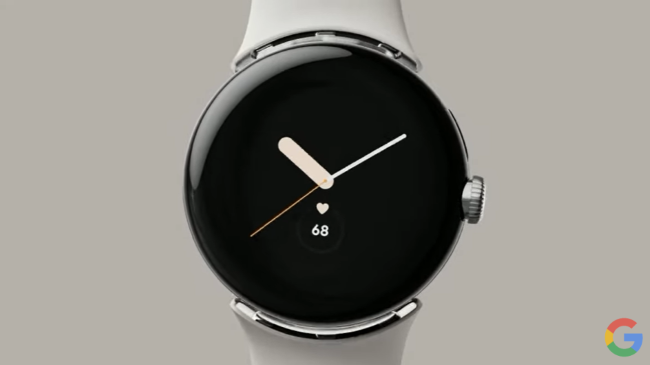
The Pixel Watch is powered by WearOS and features guide navigation and smart notifications. It is also tappable, novice enabled, and glanceable, making it easy for users to opt for their ideal functionality. Users can enable phoneless functions, including the new Google Wallet, and Google Home control.
Additionally, the wearable includes Fitbit deep integration, which allows users to track their continuous heart rate, and sleep, as well as active zone minutes, stats, and progress, against personal goals.
Finally, Google teased a tablet it hopes to release sometime in 2023. The brand said this device will run a Tensor chip and is designed to work in tandem with other Pixel devices.
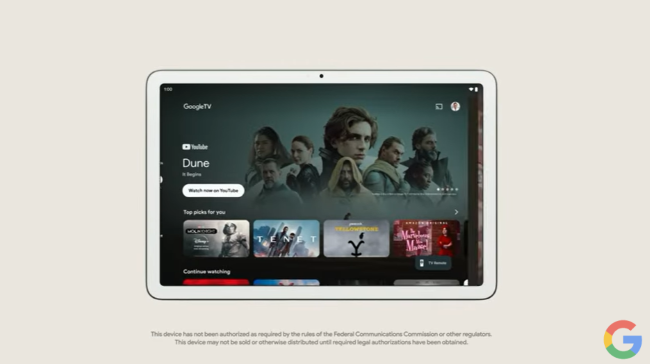
© 2024 TechViewPRO